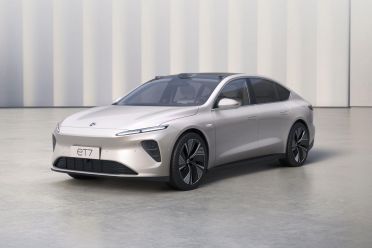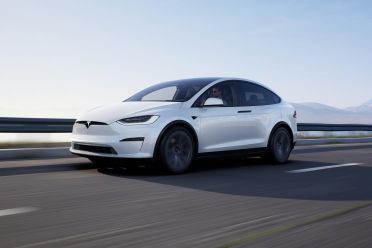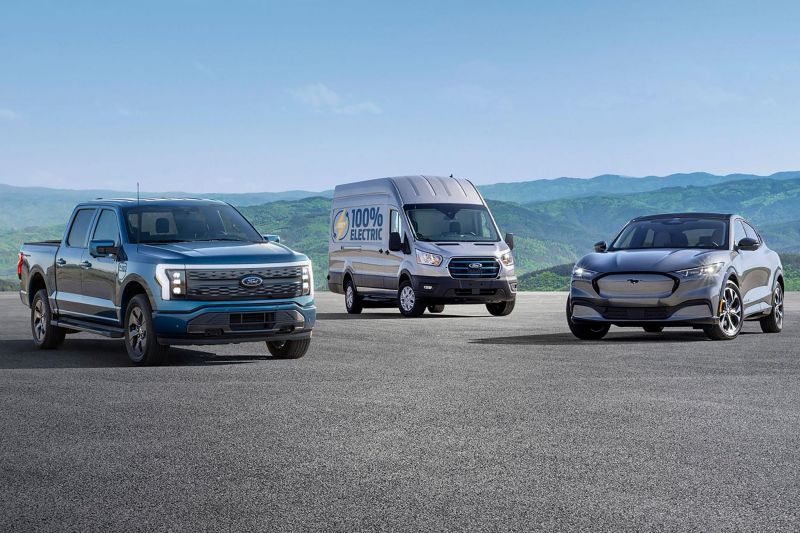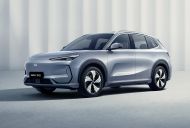Ford won’t spin off a large chunk of its business in the pursuit of a sky-high – or Tesla-high – market valuation.
According to Reuters, Jim Farley, Ford’s CEO, told participants at the Wolfe Research conference, “We have no plans to spin off our electric business or our ICE (internal combustion engine) business.”
Last week a report from Bloomberg claimed the automaker was considering spinning off either its EV or ICE arms.
Some activist investors have suggested the automaker spin off either its traditional internal combustion business or its budding EV side in order to gain access to the spectacular valuations being afforded to electric-only car makers, such as Tesla and Rivian.
Ford, which sold almost four million cars in 2021, has a market capitalisation of about US$66.6 billion ($92.8 billion), while Tesla, which delivered roughly a million EVs last year, is worth US$789.6 billion ($1.1 trillion).
It should be noted any plan to spin off or split Ford in two could loosen the Ford family’s control over the brand. Currently the family owns around two per cent of the automaker’s stock, but controls roughly 40 per cent of its voting rights through preferential voting shares.
Farley said the automaker has “to beat the best of the ICE players”, as well as bettering “Nio and Tesla” in the EV market.
The CEO admitted the automaker was underperforming, saying there was too much “waste” within its ICE business, noting “we have too many people, we have too much investment, we have too much complexity and we don’t have expertise in transitioning our assets”.
Over on the EV side of things, Farley stated the company needs “to have real experts that can drive that scale”. Earlier this month Ford poached Alan Clarke, Tesla’s head of new vehicle engineering, who was at the startup for around 12 years.
He joins other Tesla alumni at the Blue Oval, including his new boss, Doug Field, who headed up development of the popular Model 3.
With the Mustang Mach-E crossover successfully launched, and the F-150 Lightning gathering plenty of pre-orders, Ford has upped its investment in EV development multiple times and expects to have the capacity to build at least 600,000 EVs per annum within 24 months.
To make these plans a reality, Ford has been busy negotiating long term contracts for raw materials required by EVs, including lithium, rare earth metals, nickel and copper.











